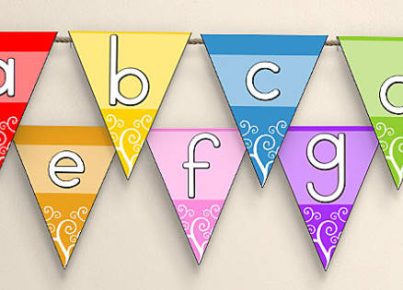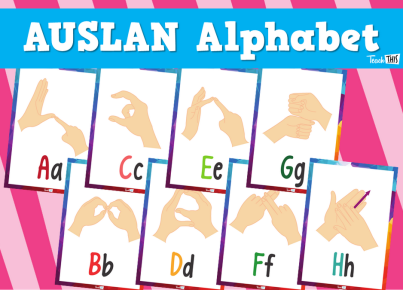All words are not equal. For example, some words are generally more useful than others. Knowing the meaning of “shame” generally pays off far more often than knowing the meaning of “serendipity.”
Some words are also easier to learn than others. Teachers must recognize and be patient with these asymmetries across their students’ experiences when teaching vocabulary. This article will discuss some of the essential facts that teachers should know when teaching vocabulary to their students.
Rich Meanings Are Just As Important
Vocabulary instruction is often reduced to having learners copy down definitions from the dictionary. However, researchers have identified several approaches that outperform any learning that may take place from copying definitions.
One fundamental principle is to have learners work with more complex or extensive definitions or explanations of word meanings. Therefore, you should encourage the encyclopedic explanation over the simple dictionary definition.
Teachers can have their students engage in providing several different versions of the definition of a word, such as the dictionary definition, synonyms and antonyms, comparisons, classifications, and more. Once a student has come up with these different explanations of a word, they are more likely to remember it.
Promote Word Usage
It is not enough for students to simply learn the meanings of words – they must learn to use their learned words in their writing, reading, speaking, and listening. As such, instruction should create opportunities for learners to use the words they learn in each of these contexts.
For example, a vocabulary assignment can be completed by students in groups working together to identify multiple definitions. That kind of cooperation requires learners to talk to each other about the words, promoting word use and retention.
The Importance Of Review
It can be challenging for students to retain their vocabulary if they are not getting enough opportunities to use it. Teachers might teach vocabulary because some words were featured in texts for that week, but then students may not see those words again for some time.
There are several ways to promote vocabulary retention, like having one day each week where you only work with words taught in the past. Alternatively, an entire week could be dedicated to this several times throughout the year.
Another way to make sure that words are being retained is to see how many additional words students can create morphologically by adding suffixes or prefixes, by changing parts of speech, etc.
Concluding Thoughts
Like reading, vocabulary is an essential skill that all students must learn, though it can be challenging to teach. Be sure to follow the above tips, and your students will be expanding their lexicon in no time.




